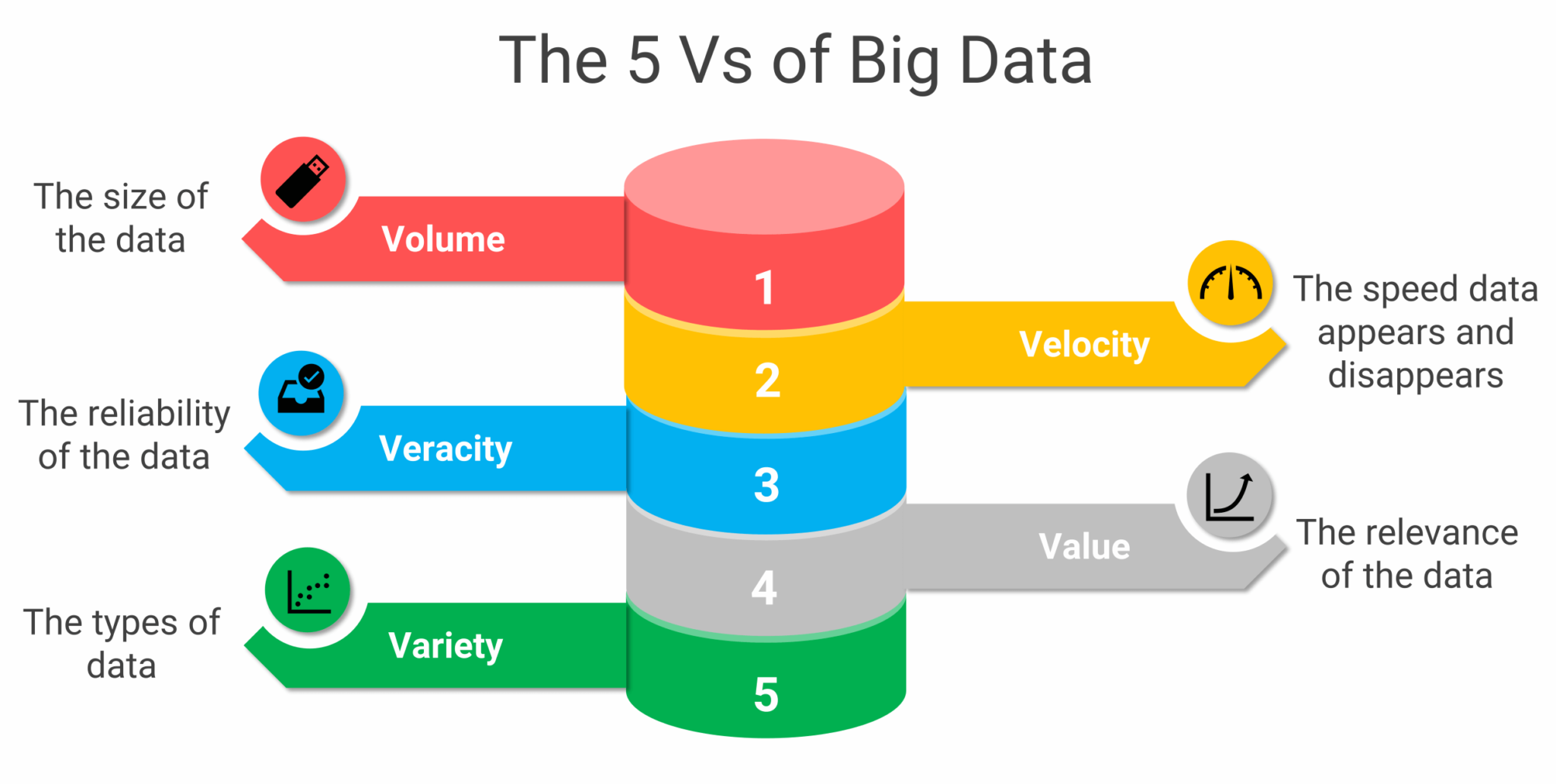Hydra Tech Insights
Stay updated with the latest in technology and gaming.
Big Data: The Crystal Ball of Business Insights
Unlock the secrets of big data to forecast trends and elevate your business strategy—discover insights like never before!
Understanding Big Data: How It Shapes Business Decisions
Understanding Big Data is crucial for businesses seeking to enhance their decision-making processes. In today’s digital landscape, organizations are inundated with massive volumes of data generated from various sources, including social media, online transactions, and customer interactions. By leveraging advanced analytics tools, businesses can extract valuable insights from this data, enabling them to identify trends, patterns, and customer preferences. This data-driven approach allows companies to make informed choices, optimize operations, and tailor their products and services to meet the evolving needs of their clientele.
The impact of Big Data on business decisions extends beyond mere operational efficiency. It fosters a culture of innovation by encouraging companies to experiment and adapt. For instance, companies can utilize Big Data to segment their target audiences more effectively, personalize marketing strategies, and forecast future market trends. Moreover, organizations that embrace Big Data analytics are not only better equipped to respond to customer demands but are also positioned to predict shifts in the marketplace. Consequently, integrating Big Data into the core of business strategy can result in a competitive advantage and long-term success.

Unlocking the Power of Predictive Analytics in Big Data
Predictive analytics is revolutionizing the way businesses leverage big data by transforming raw information into actionable insights. By using advanced statistical algorithms and machine learning techniques, organizations can identify trends, forecast outcomes, and ultimately make data-driven decisions that enhance operational efficiency. For instance, industries such as finance and healthcare have experienced remarkable improvements in risk assessment and patient care through the deployment of predictive models. As companies strive for a competitive edge, unlocking the power of predictive analytics becomes a crucial factor in their growth strategy.
To effectively harness the potential of predictive analytics, businesses must first ensure that they have a robust big data infrastructure in place. This includes the collection and integration of diverse data sources, as well as the implementation of analytics tools that facilitate real-time processing. Organizations can follow a structured approach, including:
- Identifying key data sources
- Cleaning and preparing data for analysis
- Choosing appropriate analytical models
- Validating predictions and refining models based on outcomes
What Can Big Data Reveal About Consumer Behavior?
Big Data has become a powerful tool for understanding consumer behavior. By analyzing vast amounts of data from various sources—such as social media, online purchases, and customer interactions—businesses can uncover patterns and trends that were previously hidden. This enables companies to segment their audience effectively and tailor their marketing strategies to meet specific needs. For instance, through sentiment analysis, brands can gauge customer opinions and feelings towards their products, which allows them to respond proactively and adjust their offerings accordingly.
Moreover, Big Data helps in predicting future consumer behavior. Using predictive analytics, businesses can forecast buying trends and identify potential market shifts before they occur. This not only aids in inventory management but also enhances targeted marketing campaigns. As consumers increasingly interact with digital platforms, their data provides insights that can lead to personalized experiences, further driving engagement and loyalty. Ultimately, leveraging Big Data for understanding consumer behavior equips brands with the knowledge needed to make informed decisions and stay competitive in the marketplace.